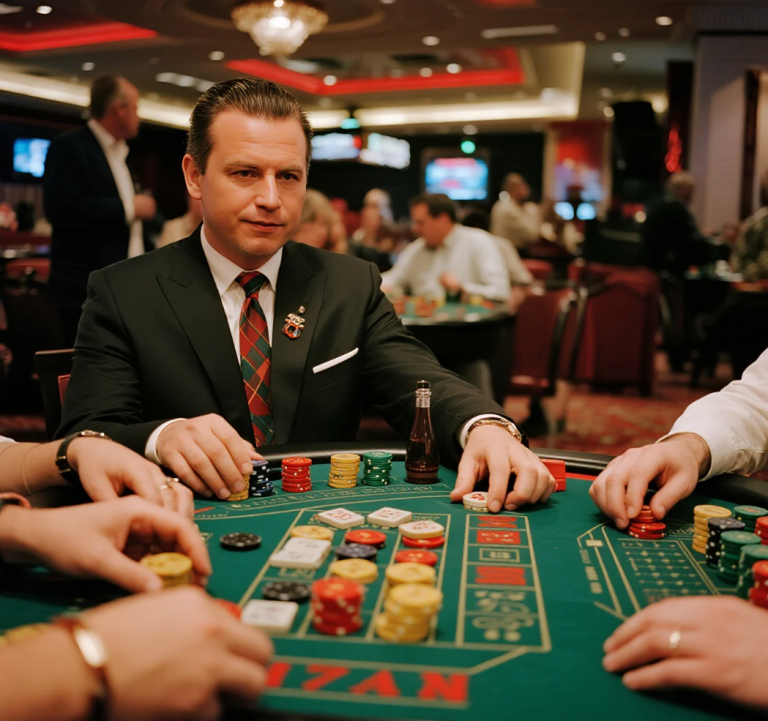
The online gaming industry is expanding faster than ever — and niche casinos are leading the charge by appealing to specific audiences worldwide.
To succeed in different regions, these casinos rely on localization strategies that go beyond translation.
They adapt content, gameplay, payment methods, and promotions to fit the cultural and regulatory nuances of each market.
Understanding and respecting local preferences is the key to building trust and long-term engagement.
🗣️ 1. Language: The First Step to Connection
Language localization is more than just converting text — it’s about communicating meaning.
Successful casinos invest in native-level translations that capture tone, humor, and idiomatic expressions familiar to each audience.
Even simple changes, like adjusting greetings or terminology, can make players feel more at home.
Localization ensures that every message feels personal, not mechanical.
🎨 2. Visuals and Design That Reflect Culture
Different cultures interpret symbols, colors, and imagery in unique ways.
For instance, red may symbolize luck in Asia but caution in Western contexts.
That’s why niche casinos carefully adapt their design, color palettes, and visual elements to resonate with local audiences.
From UI layouts to promotional banners, every detail is tailored to create a sense of familiarity and comfort.
💳 3. Local Payment Methods and Currencies
Nothing builds trust faster than convenience.
Casinos that offer localized payment options — from regional e-wallets to preferred bank methods — remove barriers for new players.
Accepting local currencies also prevents confusion and enhances user experience.
By simplifying transactions, niche casinos make players feel secure and valued.
⚖️ 4. Compliance with Local Regulations
Each country has its own legal framework governing online gambling.
Niche casinos that succeed globally ensure full compliance with local laws, including licensing, taxation, and responsible gaming policies.
This transparency builds credibility and prevents legal complications.
Adapting to these regulatory differences is a cornerstone of sustainable international growth.
🎁 5. Tailored Promotions and Loyalty Programs
Promotions that work in one country may not resonate in another.
Localized casinos craft region-specific bonuses and loyalty programs aligned with cultural holidays, sports events, and seasonal preferences.
For example, celebrating Lunar New Year in Asia or offering football-themed bonuses in Europe adds emotional relevance — turning marketing into connection.
🧠 6. Cultural Sensitivity and Responsible Messaging
Localization also means knowing what not to say.
Understanding local customs, taboos, and ethical standards prevents brand missteps.
Casinos that prioritize cultural sensitivity show respect for their players’ values — building reputation and loyalty in return.
Responsible localization creates a brand that’s global yet authentically local.
🌐 7. Data-Driven Adaptation and Continuous Improvement
The best localization strategies rely on data insights.
By analyzing player behavior, feedback, and engagement metrics from each market, casinos can refine their content, offers, and UX over time.
Localization is not a one-time effort — it’s an evolving process that grows with audience expectations.
🏁 Conclusion: Global Success Through Local Understanding
In the world of online gaming, one size never fits all.
By embracing localization strategies for niche casinos, brands bridge cultural gaps and build meaningful connections with global players.
From language to law, every adaptation strengthens engagement and trust.
The casinos that thrive in international markets are those that think globally but play locally — turning understanding into competitive advantage.



